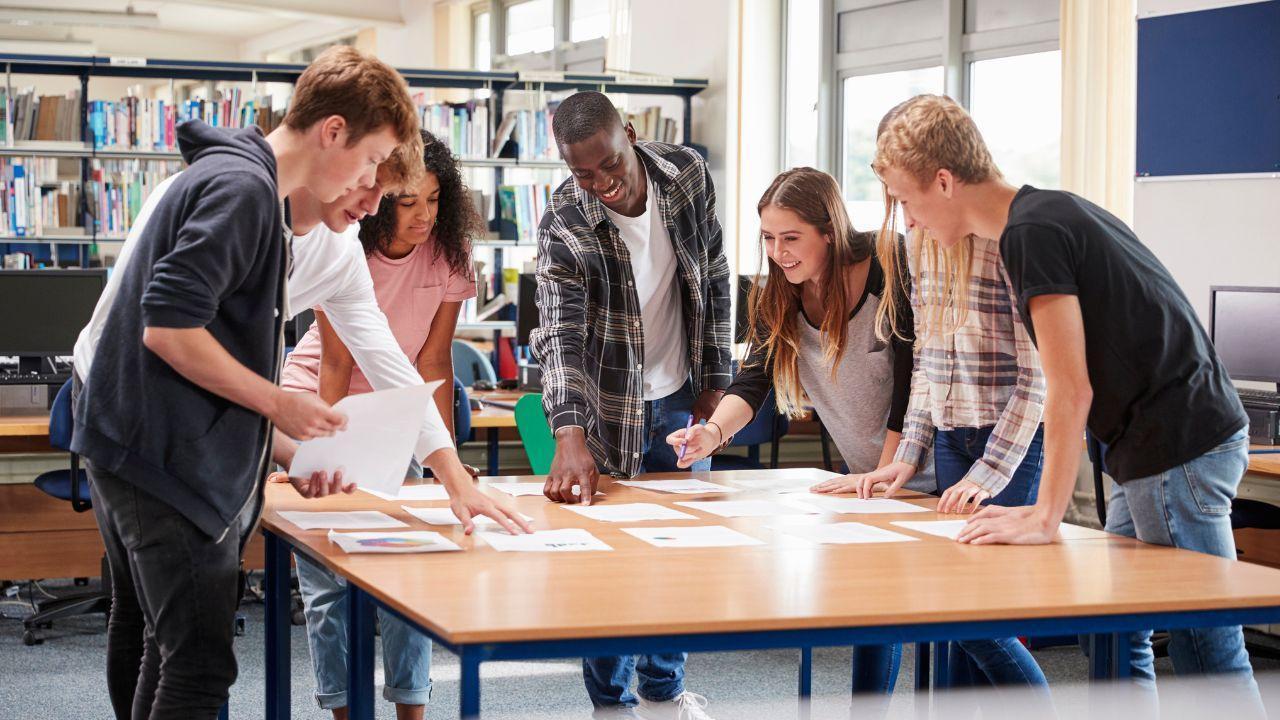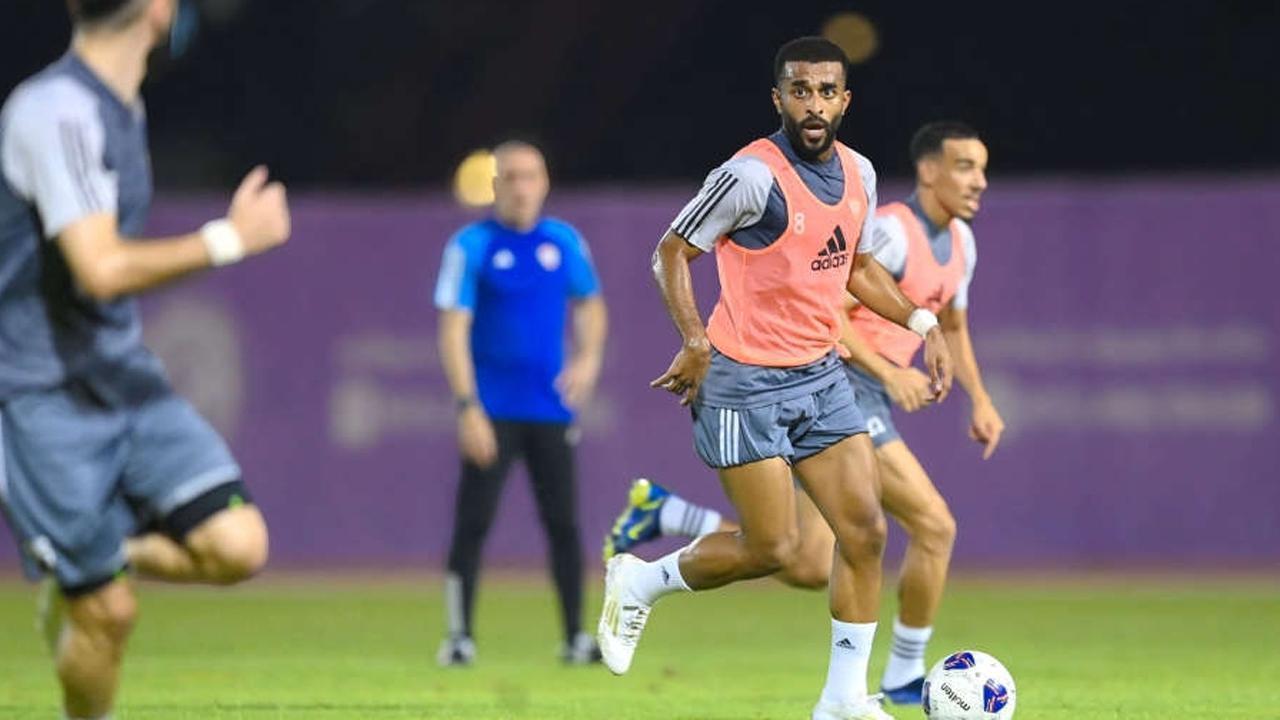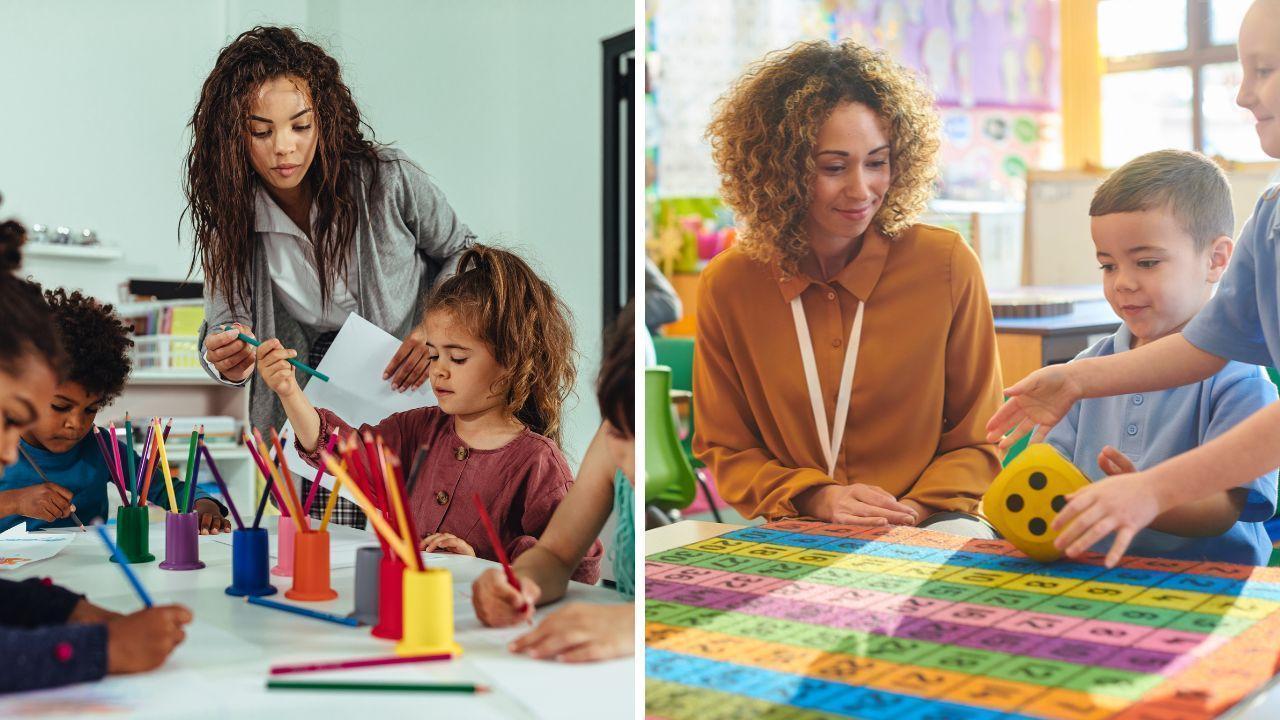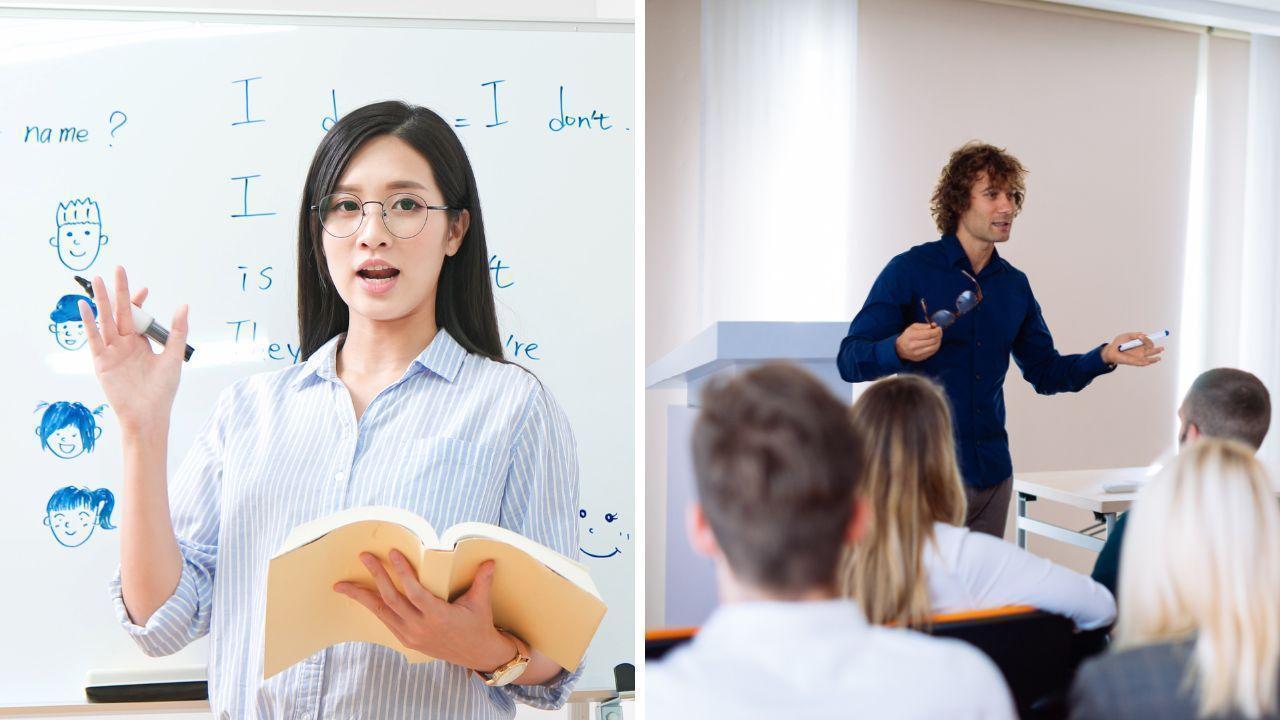
Project-Based Learning (PBL) lets students tackle real-world problems. This approach makes them use their critical thinking skills to find solutions, making learning more exciting and practical.
In PBL, students dive into their projects, researching and analyzing information. This deep investigation helps them develop strong critical thinking abilities as they explore and understand complex topics.
Working in groups is a key part of PBL. It encourages students to share ideas, solve problems together, and develop their collaborative problem-solving skills. This teamwork enhances their critical thinking skills.
After completing a project, students review their work and make improvements. This process of reflection and revision helps them critically assess their efforts and strengthen their critical thinking skills.
PBL promotes independence by allowing students to make decisions and drive their projects. This autonomy encourages independent thinking and enhances critical thinking skills as they navigate challenges on their own.

When students tackle real-world problems, they use their critical thinking skills to find practical solutions. For example, designing a recycling program for their school helps them think critically about waste management.
Working on real-world problems allows students to use what they’ve learned in class. Whether it's solving environmental issues or planning a community event, students see how their knowledge can be applied outside the classroom.
Engaging with real-world problems encourages students to think creatively and solve complex issues. This hands-on experience helps strengthen their critical thinking and problem-solving abilities.
Real-world problems make learning more interesting and meaningful. Students understand why they need to learn certain topics because they see their practical use in solving real-life issues.
When faced with real-world problems, students are motivated to explore different solutions. This exploration process enhances their critical thinking skills as they evaluate various options and outcomes.

Start by asking lots of questions about the topic. The more questions you ask, the deeper you dig. Asking questions helps you understand the subject better and enhances your critical thinking skills.
Look for information from different sources like books, websites, and interviews. Doing thorough research allows you to gather a variety of perspectives and facts, boosting your investigative skills.
After gathering information, take time to analyze it. Compare different pieces of data and think about what they mean. Analyzing information helps you to understand it deeply and improves your critical thinking abilities.
Look at the topic from multiple angles. Considering different viewpoints helps you to see the bigger picture and enhances your ability to think critically.
Reflect on what you’ve learned and how it fits into your project. Revise your work based on your reflections. This process of reflection and revision helps you to refine your ideas and develop stronger critical thinking skills.

Collaborative problem-solving means teaming up with others to tackle challenges. When kids work together, they share ideas and solve problems more effectively. Working in a group helps everyone think better and find creative solutions.
In collaborative problem-solving, everyone gets a chance to share their ideas and listen to others. By sharing thoughts and listening carefully, kids learn to understand different perspectives and build on each other's ideas. This helps improve critical thinking and problem-solving skills.
Good communication is key in teamwork. Kids need to explain their ideas clearly and ask questions to understand others. Clear communication helps prevent misunderstandings and keeps everyone on the same page while solving problems together.
Working together means encouraging each other and giving positive feedback. Supporting team members boosts their confidence and motivates everyone to keep trying, even when challenges arise.
In a group, dividing tasks based on each person's strengths can make problem-solving more efficient. This way, everyone can focus on what they do best, which makes solving the problem quicker and more effective.

After completing a project, take time to think about what you did. Reflecting helps you understand what went well and what could be improved. This reflection is crucial for improving your work and developing critical thinking skills.
Ask teachers, friends, or family for their opinions on your project. Their feedback provides new perspectives and helps you see areas that need adjustment. Listening to feedback is a key part of the revision process.
Use the feedback you receive to make changes to your project. Revising your work based on this feedback ensures it becomes better and more accurate. This step is essential for refining your project and enhancing critical thinking.
After making revisions, set new goals for yourself. These goals can help you focus on what to improve next and keep you motivated. Setting and achieving goals helps in developing critical thinking skills.

Allow kids to make choices in their projects. Giving them the power to decide on aspects of their work helps build their independence and initiative.
Encourage kids to set their own goals and plan their tasks. Self-direction helps them learn how to manage their time and take responsibility for their progress.
When faced with challenges, guide kids to think through solutions on their own. This promotes independent thinking and helps them develop problem-solving skills.
Let kids take charge of group activities or lead projects. Leading tasks boosts their confidence and encourages them to take initiative.
Recognize and praise kids for their independent work and creative ideas. Positive reinforcement motivates them to continue being proactive and take ownership of their learning.
When you practice speaking clearly, you help others understand your ideas better. Speaking clearly is important for good communication. Try reading out loud or explaining things to friends to get better.
Visual aids like charts, pictures, or slides make your presentation more interesting and easier to follow. They help your audience understand your message and improve your presentation skills.
Involve your audience by asking questions or starting discussions. Engaging with them makes your presentation more interactive and helps improve your communication.
Before presenting, organize your ideas in a clear order. This helps your audience follow along and shows good presentation skills. Use an outline or bullet points to stay on track.
The more you practice, the better you get. Practice your presentation several times to build confidence and improve your communication and presentation skills.
Ask for feedback from others and use it to improve. Constructive feedback helps you see what works and what needs improvement in your communication and presentation.
Enhancing communication and presentation skills is crucial for effective learning and personal growth. To build strong communication abilities, practice speaking clearly and use visual aids to make your message engaging. Engaging with your audience through questions and discussions improves presentation skills and makes your presentations more interactive. Organizing your ideas and practicing regularly are key to successful communication and presentation. Additionally, seeking and using feedback helps refine your skills and boosts confidence. Remember, clear communication and effective presentation skills can transform your ability to share ideas and connect with others.
DXB News Network emphasizes the importance of clear communication and effective presentation skills for everyone, especially students. The content in this article is designed to be simple and engaging for kids and children, focusing on practical tips to improve communication and presentation. While this article offers useful advice, individual experiences may vary. Always adapt techniques to fit your unique style and needs. For personalized guidance, consider consulting educators or communication experts.
To practice speaking clearly, you can read aloud from books, explain concepts to friends, or record yourself speaking. Regular practice helps you articulate your ideas better and enhances your communication skills.
Visual aids such as charts, pictures, and slides make your presentation more engaging and easier to understand. They help clarify complex information and keep your audience interested, improving your overall presentation skills.
Engaging with the audience makes your presentation more interactive and helps maintain their attention. Asking questions, starting discussions, or encouraging participation makes your communication more effective.
Organizing your ideas helps you present information in a clear and logical order. Using an outline or bullet points ensures that your audience can follow along easily, improving the effectiveness of your presentation.
To practice your presentation, rehearse multiple times, preferably in front of friends or family. This helps build confidence and refine your communication and presentation skills. Record yourself to review and make improvements.
#trending #latest #ProjectBasedLearning #CriticalThinking #Education #LearningThroughProjects #StudentSuccess #InnovativeEducation #ActiveLearning #PBL #EducationalExcellence #SkillsForFuture #ThinkCritically #LearningStrategies #TeachingMethods #EngagedLearning #21stCenturySkills #StudentEngagement #CriticalSkills #EducationReform #LearningOutcomes #ProjectLearning #breakingnews #worldnews #headlines #topstories #globalUpdate #dxbnewsnetwork #dxbnews #dxbdnn #dxbnewsnetworkdnn #bestnewschanneldubai #bestnewschannelUAE #bestnewschannelabudhabi #bestnewschannelajman #bestnewschannelofdubai #popularnewschanneldubai

Learn 5 simple steps to master options trading and succeed...Read More.

Today, at the Abu Dhabi National Exhibition Centre (ADNEC), the Ministry held a ceremony to honor the winners of the 2nd Emirates Labour Market Award...Read More.
 Conan O'Brien Set to Host the 2025 Academy Awards Ceremony
Conan O'Brien Set to Host the 2025 Academy Awards Ceremony
Five-time Emmy winner Conan O'Brien has hosted several late-night shows, including 'The Tonight Show
 UAE Faces Kyrgyzstan in Key World Cup Qualifier, Australia vs Saudi Arabia
UAE Faces Kyrgyzstan in Key World Cup Qualifier, Australia vs Saudi Arabia
UAE must beat Kyrgyzstan in their AFC Asian World Cup qualifier on Thursday to stay in the race.
 Maktoum bin Mohammed Meets Visa's Oliver Jenkyn, Group President
Maktoum bin Mohammed Meets Visa's Oliver Jenkyn, Group President
The meeting highlights the UAE's commitment to enhancing collaboration with global fintech leaders t
 Dubai Humanitarian Sends UNHCR Aid to Conflict-Displaced in Lebanon
Dubai Humanitarian Sends UNHCR Aid to Conflict-Displaced in Lebanon
A convoy of 27 trucks, carrying 192 tonnes of relief supplies, departs from Dubai to assist conflict
 Elon Musk Responds to Post Saying 'We Need Your Help Removing Trudeau'
Elon Musk Responds to Post Saying 'We Need Your Help Removing Trudeau'
Billionaire Elon Musk predicts Canadian Prime Minister Justin Trudeau's defeat in the upcoming feder
Want to Master Options Trading? Try These 5 Simple Steps

Learn 5 simple steps to master options trading and succeed
Under Mansour bin Zayed's Patronage, Theyab bin Mohamed Honors 2nd Labour Market Award Winners

Today, at the Abu Dhabi National Exhibition Centre (ADNEC), the Ministry held a ceremony to honor the winners of the 2nd Emirates Labour Market Award
8 Simple Tips to Achieve Financial Success – Are You Ready?

Discover 8 simple tips to reach your financial goals effortlessly
Want Better Health Every Day? Try These 10 Simple Habits

Discover 10 easy habits to boost your health every day
What Are the Top Mental Health Disorders and How Do They Impact You?

Explore the most common mental health disorders and their impact.
Conan O'Brien Set to Host the 2025 Academy Awards Ceremony

Five-time Emmy winner Conan O'Brien has hosted several late-night shows, including 'The Tonight Show
How Is Early Childhood Education Shaping Tomorrow's Leaders?

How early childhood education helps build future leaders
Kasco Developments launches new residential project in Dubai’s Business Bay

Kasco Developments aims to deliver 1 million square feet of residential space by 2025 as part of its ambitious plan
Want Better Student Success? Try These Top Teaching Methods

Discover the best teaching methods to boost student engagement and success.
UAE Wraps Up Kimberley Process Plenary in Dubai, Achieves Key Goals

UAE concludes Kimberley Process plenary in Dubai, marking key achievements in the ‘Year of Delivery’.
© DNN. All Rights Reserved.